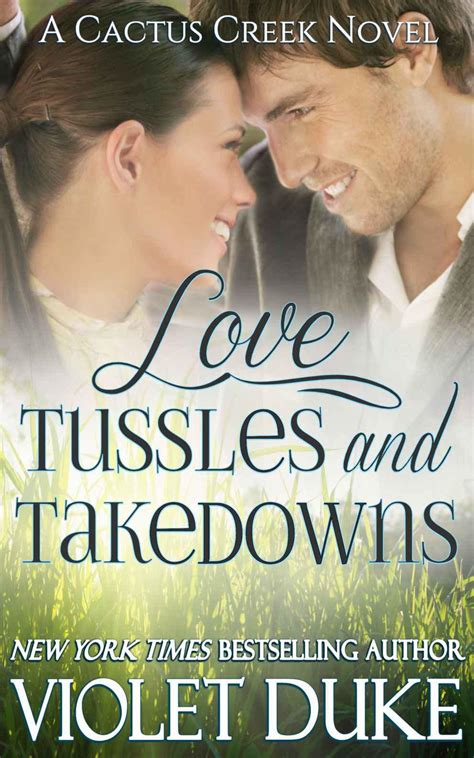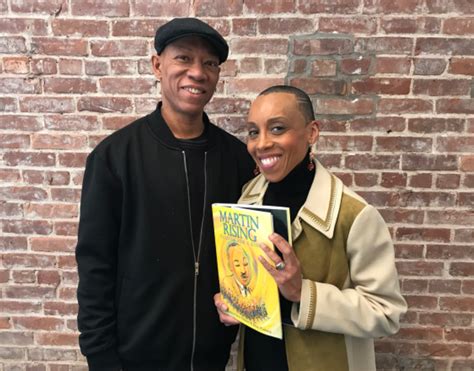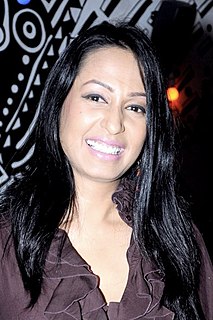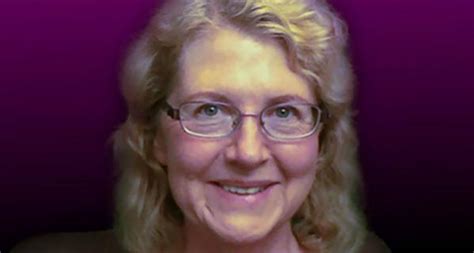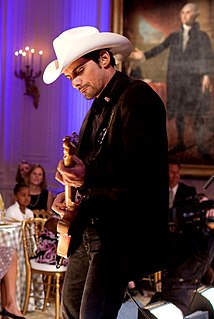A Quote by Violet Duke
While my writing does seem to ultimately have a lot to do with pantsing in the end, without the plotting, I'd get nowhere to begin with.
Related Quotes
I think ultimately it's just time management. You're just doing a lot more stuff. You're doing the same stuff, you're writing and you're producing, but it just comes with a lot of other things. A lot of long term thinking and plotting things out for the future, bringing elements together. I have a lot of support.
Another error is an impatience of doubt and haste to assertion without due and mature suspension of judgment. For the two ways of contemplation are not unlike the two ways of action commonly spoken of by the ancients; the one plain and smooth in the beginning, and in the end impassable; the other rough and troublesome in the entrance, but after a while fair and even. So it is in contemplation; if a man will begin with certainties, he shall end in doubts; but if he will be content to begin with doubts, he shall end in certainties.
Nobody does a lot of plotting. They can't. Everybody wants to do that in life, but I think it's almost impossible. Opportunities present themselves, and you say, "Hey, is this interesting to me?" Is this something you might want to pursue? Maybe you'll get it, maybe you won't. It really does have to do with a "one foot in front of the other" kind of thing, I think.
'Seize the Story' takes readers all the way through the process of writing fiction, from beginning to end. Every element, from dialogue to setting, plotting to character creation, is laid out and illustrated with examples. But the tone of the book is not that of a dry writing manual - it's definitely written for teenagers.
Unless you're a true prodigy, you're going to have to practice for a while being bad before you get any good. And it will seem like a waste of time. I remember that feeling well. But don't worry about wasting time, because it'll be so worth it. It's my experience that in the end, life lessons and guitar lessons begin to blur in all sorts of interesting ways.
For him it was a dark passage which led to nowhere, then to nowhere, then again to nowhere, once again to nowhere, always and forever to nowhere, heavy on the elbows in the earth to nowhere, dark, never any end to nowhere, hung on all time always to unknowing nowhere, this time and again for always to nowhere, now not to be borne once again always and to nowhere, now beyond all bearing up, up, up and into nowhere, suddenly, scaldingly, holdingly all nowhere gone and time absolutely still and they were both there, time having stopped and he felt the earth move out and away from under them.
